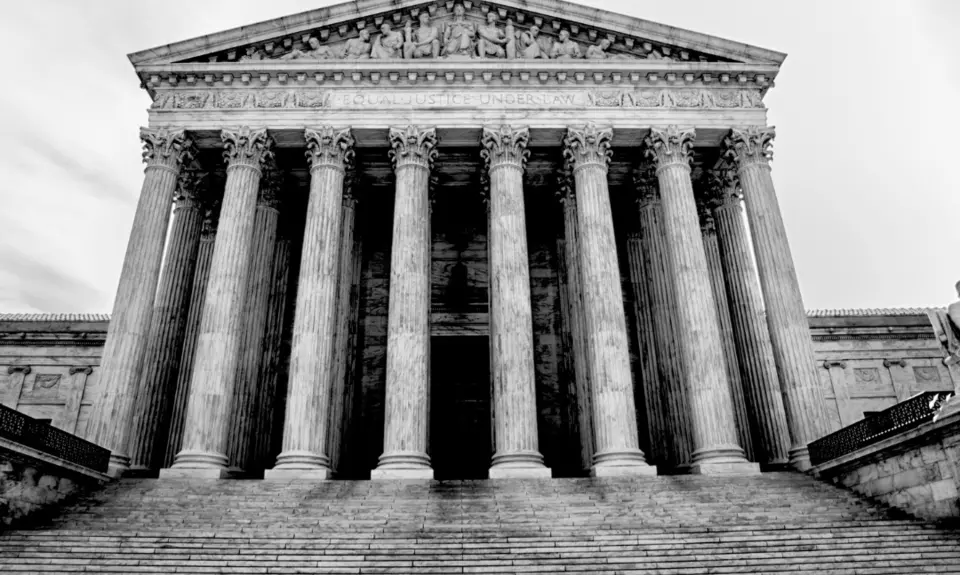Trump Justices Brett Kavanaugh and Amy Coney Barrett cast deciding votes in a 5-4 ruling that upheld blocks by lower courts of new Title IX regulations in ten states concerning sex discrimination in educational institutions. Although the lawsuits were aimed at provisions protecting LGBTQ+ students, the injunctions go much further and harm other sex discrimination victims. Trump Justice Neil Gorsuch joined Justice Sonia Sotomayor’s dissent in the August 2024 ruling in Department of Education v Louisiana.
What is the background of this case?
The Department of Education promulgated new regulations concerning the enforcement of Title IX, which prohibits sex discrimination in schools and other educational institutions that receive federal funds. The rules took effect on August 1, 2024.
Among other provisions, the regulations define sex discrimination to include discrimination based on “sexual orientation and gender identity." This was in accord with the Court’s previous decision in the Bostock case that firing someone based on these factors violates the provision against sex discrimination in Title VII of the 1964 Civil Rights Act.
A number of Republican states immediately challenged the new rule, focusing solely on its impact on lgbtq+ issues. District courts in Louisiana and Kentucky agreed with the states and preliminarily enjoined enforcement of the entire rule, not just the parts concerning lgbtq+ issues, while the litigation continued in ten states. The Department of Education tried to get appellate courts to narrow the injunctions, but they refused. So the Department filed an emergency application for a partial stay with the Supreme Court of the parts of the injunctions that froze the new regulations not directly related to lgbtq+ issues.
How did Justices Kavanaugh, Barrett and the Supreme Court Majority Rule and Why is it Harmful?
In an unsigned 5-4 opinion, the Court majority including Kavanaugh and Barrett turned down the Department’s request and kept in place the complete block of the Title IX rule in ten states while the litigation goes forward. The majority maintained that the Department had not shown that the provisions concerning lgbtq+ issues were severable from the rest of the rule.
In an opinion by Justice Sotomayor also joined by Justice Gorsuch, four justices strongly dissented. They explained that the injunctions are clearly “overbroad” and freeze important parts of the rule that have nothing to do with the lgbtq+ issues that the Republican states complain about.
For example, she explained, the new rule expressly prohibits “retaliating against students who file Title IX complaints,” forbids schools from making a “pre employment inquiry” concerning a job applicant’s “marital status,” and mandates that schools make reasonable accommodations for pregnant students, such as providing necessary breaks during classes to “attend to health needs associated with pregnancy or related conditions.” The complaining states, Justice Sotomayor wrote, “offer nothing to justify the Government from enforcing those parts of the Rule.”
The Court majority, however, upheld the injunctions against the entire Department rule, harming many people in the ten states affected. Based on this ruling, moreover, other Republican states may seek similar broad injunctions against the regulations. At least until the lawsuits conclude, this harm will continue. And next term, the Court may well consider the merits of the cases challenging the Department’s effort to protect lgbtq+ students, as well as a case it has already agreed to hear concerning a state’s ban on gender-affirming care for minors. This ruling provides yet another demonstration of the importance of filling all federal court vacancies, including on the Supreme Court, with fair-minded judges.
